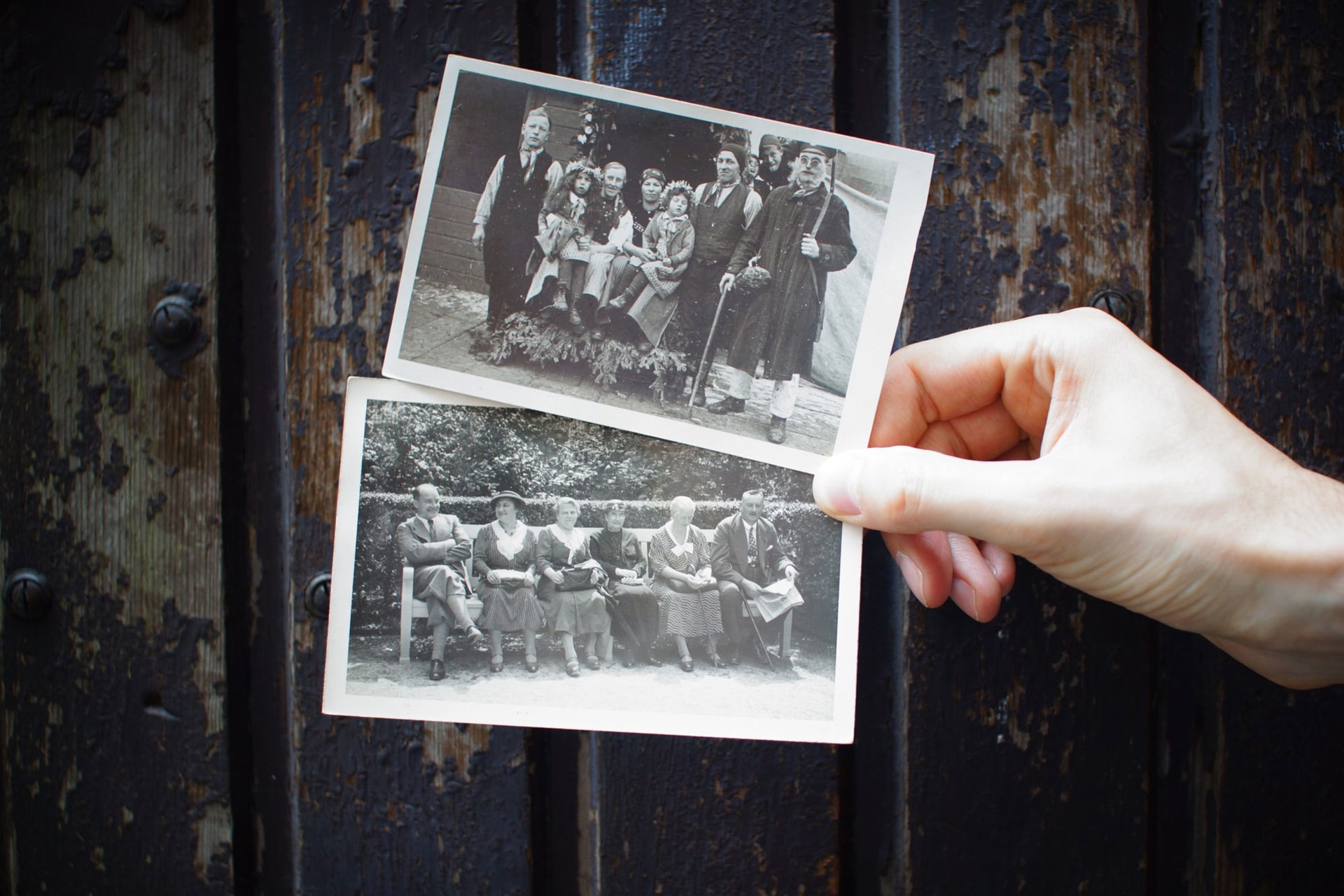Counselling & Psychotherapy
The purpose of psychotherapy is to set people free
Rollo May
Rollo May
In Psychotherapy and Counselling, words are used to treat a wide range of emotional and psychological problems. For this reason, they are called talking therapies. Within a professional relationship, the psychologist or the psychotherapist can use many different techniques to help clients overcome those problems.
These are my personal definitions of counselling and psychotherapy:
Psychotherapy and Counselling constitute a journey within oneself. They both are adventures in search of those aspects of yourself that life has forced you to hide, modify or deny.
Psychotherapy and Counselling involve a journey that is undertaken by two people. Making use of the psychotherapist's attentive, skilful and empathetic guidance, it is possible to explore within you what is struggling to come to light and thus release your potential for growth and happiness.
Psychotherapy and Counselling are a creative act. In psychotherapy, you can tell your own story and give new meanings to the events and relationships of both your past and present. Furthermore, psychotherapy can give you the opportunity to create new strategies and develop new and original solutions to problematic situations.
Psychotherapy and Counselling are an act of self-love. This means exploring, in a loving and compassionate way, those parts of yourself that you might perceive as negative or embarrassing, with the aim of discovering (or rediscovering) your inner strength.
By Counselling (or Short-Term Therapy) I mean a psychological treatment over 12/24 sessions, which focuses on specific problems and goals. Although counselling is my preferred way of working, I do not believe this is the right option if you are finding it difficult to define your problem or your therapeutic goal, or if the situation you are experiencing is very complex from a psychological, relational or social point of view.
By Psychotherapy I mean a psychological treatment that goes beyond 24 sessions. It is particularly suitable for those who want to work without deadlines. Usually this way of working is recommended if you have can't identify a specific problem to work on, if you want to address existential questions, or if you suffer from a psychological disorder that requires a longer treatment period.
The first psychological assessment session is an important opportunity to understand which of the working methods is best suited to your needs and requirements.

What Counselling and Psychotherapy are NOT
Psychotherapy and Counselling do not just consist of "off-loading your baggage" and speaking freely about yourself. Although talking about our problems can help you temporarily lessen anxiety and distress, counselling and psychotherapy are not limited to just that. You will be actively involved in solving your problems so that you can learn new strategies and new "tools" to help you have a more fulfilling life.
Psychotherapy and Counselling are not "magical" and the psychotherapist doesn’t have super powers. Psychotherapy and counselling employ evidence-based interventions, which have been considered as effective following numerous scientific studies. Of course, the psychotherapist's words can help you rephrase a problem and see a solution, but only you have the power to change your life.
Talking to a friend and talking to a psychotherapist are not the same thing. Talking to a friend definitely has the power to make us feel understood and supported. Our friends may also give us some useful advice. But friends do not have the skills to read your internal dynamics, your cognitive and relational strategies and help you change them. Also, within the relationship with friends, you may not feel completely free to express yourself, even if only for the fact that your friends are not bound by professional confidentiality
Psychotherapy is not necessarily a long process. Its duration can vary depending on the type of problem you have, your goals and your needs. Therefore, the duration of counselling and psychotherapy interventions can only be determined after the first assessment interview and also in relation to your constraints and requirements.
Counselling and Psychotherapy take place by means of weekly meetings of approximately one hour, to ensure that the psychological treatment is of the right intensity and to obtain appreciable benefits.
If you decide to contact me, I am more than willing to arrange a free, 30-minute introductory Zoom or Skype conversation to better understand your problem and decide together how to proceed.
After this introductory conversation, if you want to, we can arrange a psychological assessment session.Unlike the other appointments, which generally last 50 minutes, this session will last approximately two hours (100 minutes). This will give us the opportunity to explore in a relaxed manner what is causing your suffering and what you would like to get out of therapy. It will also allow me to have more in-depth information in order to define an adequate and effective therapeutic plan.
The number of sessions is variable and is generally agreed after the first session according to your needs or goals.
I no longer accept minors (children and teenagers) and I do not offer family therapy.